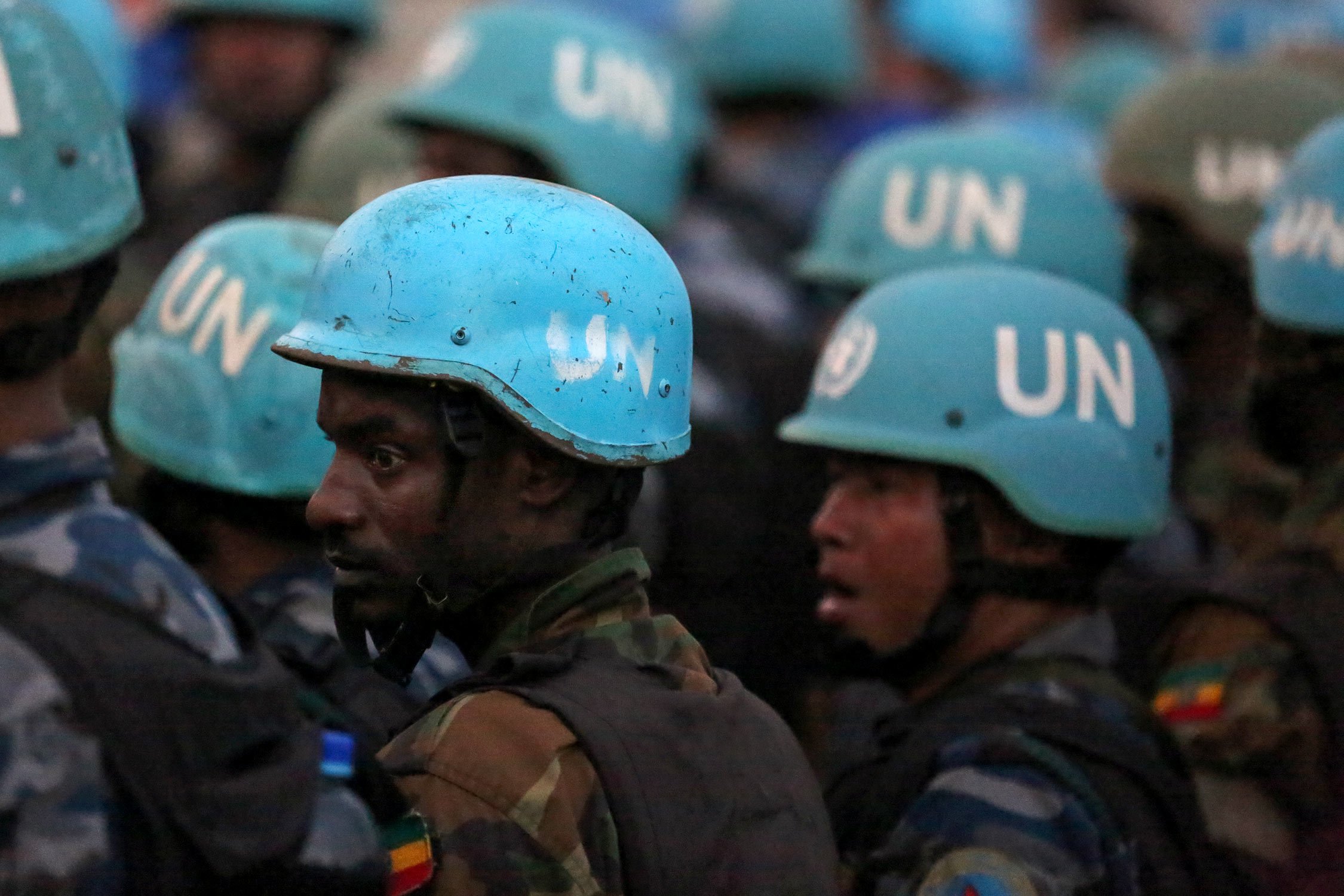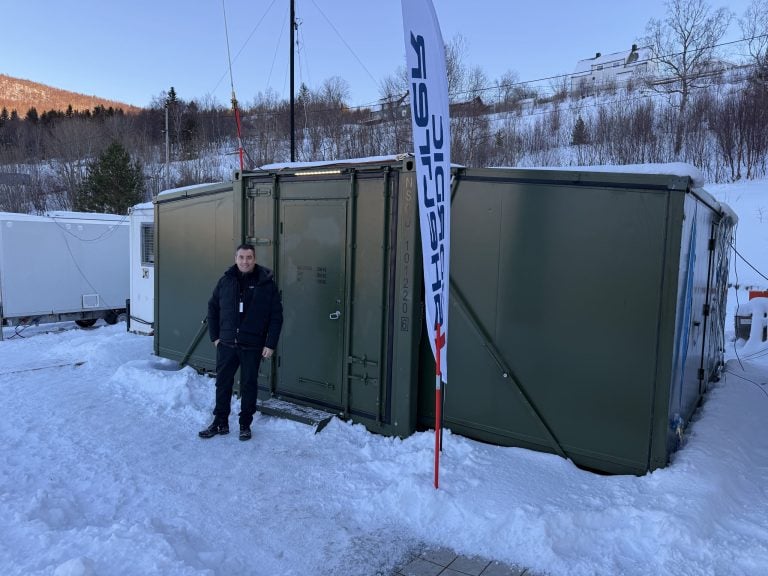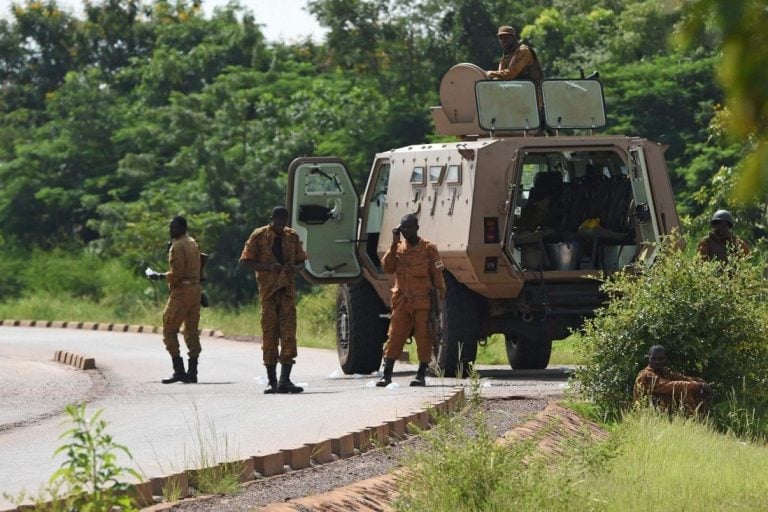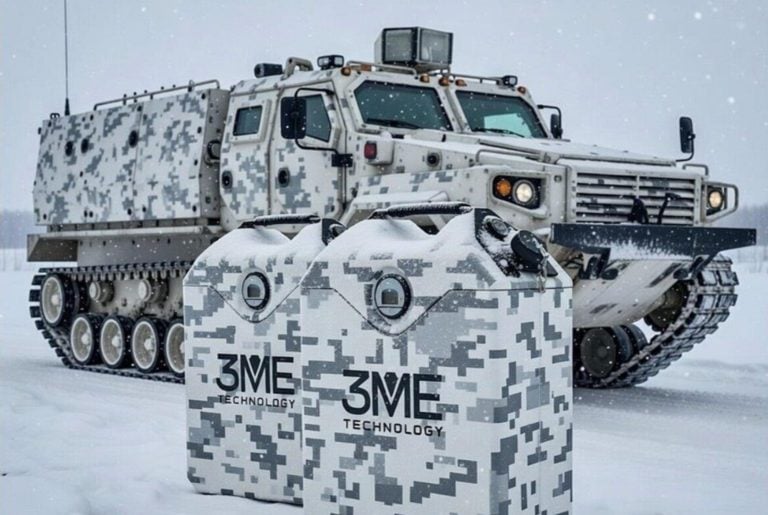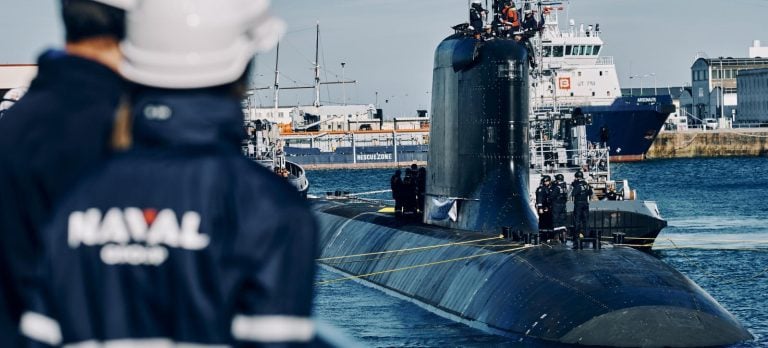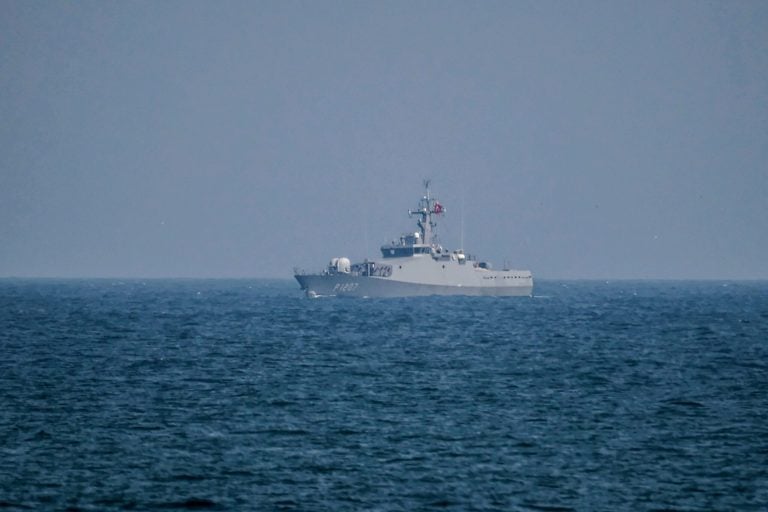The United Nations reported on Tuesday that deadly clashes in northern South Sudan have resulted in civilian casualties and injuries to a peacekeeper. The violence highlights the ongoing instability in the oil-rich nation, which has struggled with political infighting and conflict since gaining independence in 2011.
According to the UN mission in South Sudan (UNMISS), fighting erupted between the South Sudan People’s Defence Forces (SSPDF) and armed youth in the Nassir area of Upper Nile state on February 14 and 15. This region shares a border with Sudan. While the UN statement did not specify the identities of the armed groups involved in the conflict against the national military force, led by President Salva Kiir, it noted that some of these fighters employed heavy weaponry. The use of such weapons reportedly resulted in both civilian casualties and injuries among combatants.
Details concerning the exact number of casualties were not disclosed. However, the UN also confirmed that during the violence, a peacekeeper who was part of a routine patrol was wounded due to mortar shelling.
Nicholas Haysom, the Special Representative of the UN Secretary-General and head of UNMISS, urged all parties to exercise restraint and condemned attacks against UN personnel. He emphasized the importance of upholding the peace agreement, mentioning persistent tensions in Western Equatoria, located on the opposite side of the country, involving organized armed forces.
Haysom pointed out that the violent incidents in both Upper Nile and Western Equatoria highlight the urgent need for the complete deployment of South Sudan’s unified armed forces. This call for unity comes following a brutal five-year civil war that pitted President Kiir against his political rival, Vice-President Riek Machar. The peace agreement reached in 2018 mandated the unification of armed forces ahead of elections, which have been repeatedly postponed. Despite these agreements, UNMISS has indicated that the unification process for the military has not yet been realized, raising concerns about the potential for further conflict in the region.
